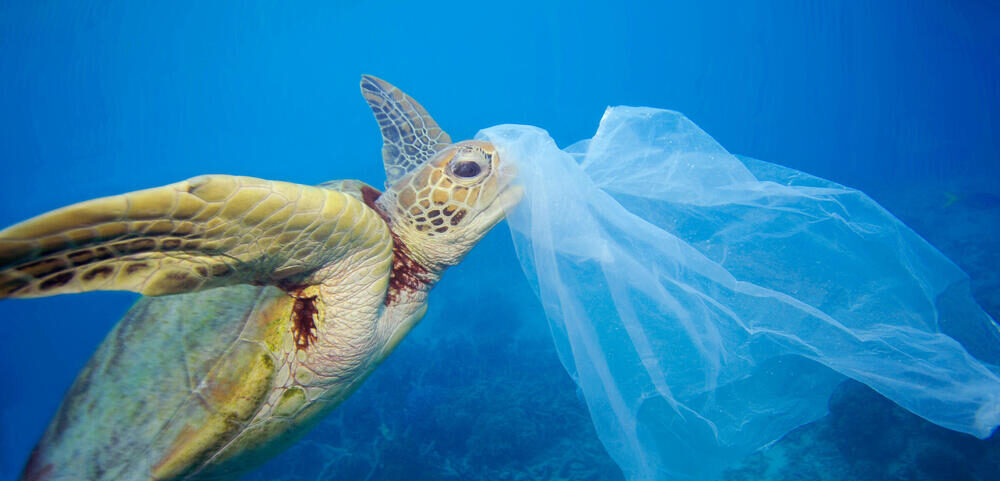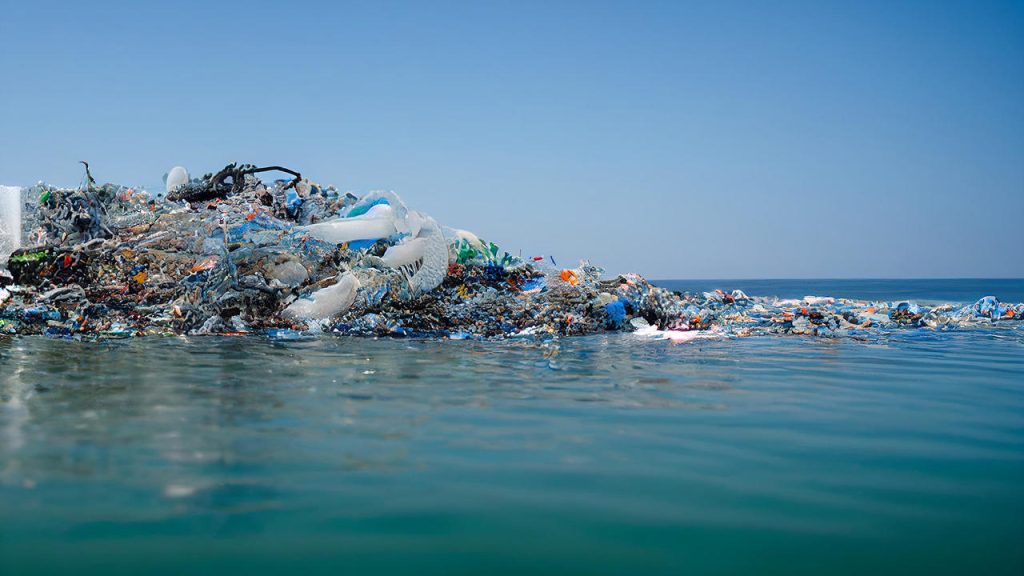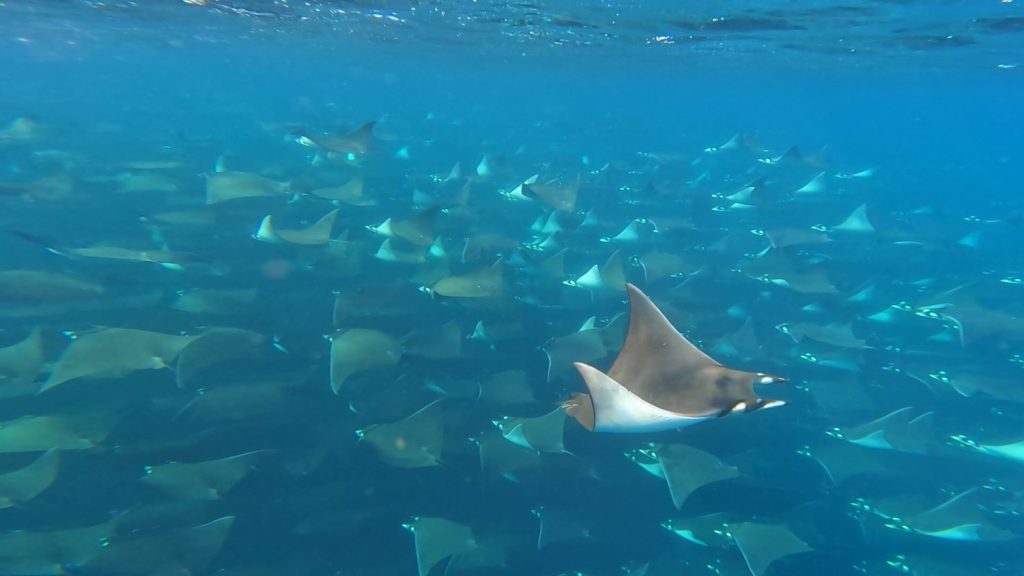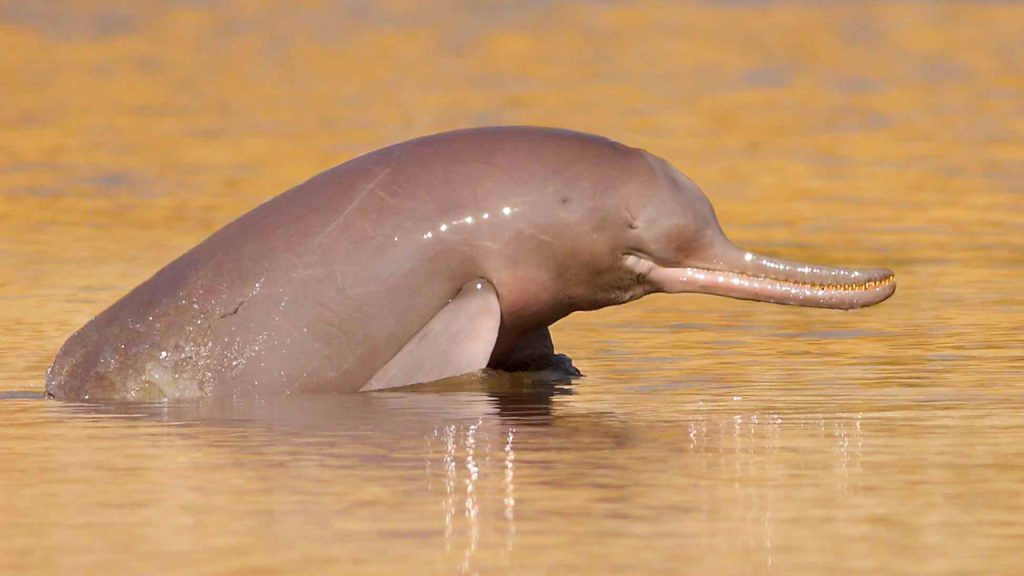Taking care of our planet: a guide to ocean-friendly self-care and accessories
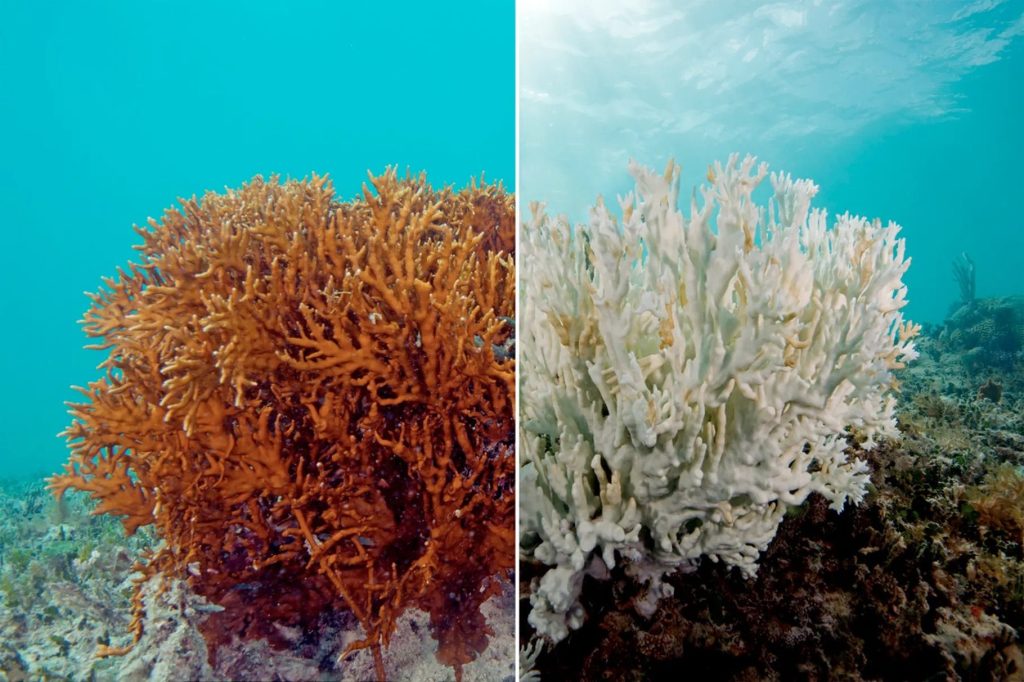
Coral reefs are some of the most breathtaking and diverse ecosystems on the planet.
Yet, they are incredibly fragile and vulnerable to a variety of threats. Predictions from scientists paint a grim picture. By 2050, all coral reefs are expected to be classified as ‘threatened’. An unexpected contributor to this crisis, alongside issues such as overfishing, pollution and climate change, is sunscreen.
Sunscreen: A Surprising Threat to Coral Reefs – Unknown to many, certain ingredients in sunscreens often contain harmful chemicals that can harm marine life when they wash off into the oceans, posing a significant threat to coral reefs. With an estimated 14,000 tonnes of sunscreen dumped into the oceans every year, the scale of the problem is alarming. The good news is that tackling this problem is relatively easy.
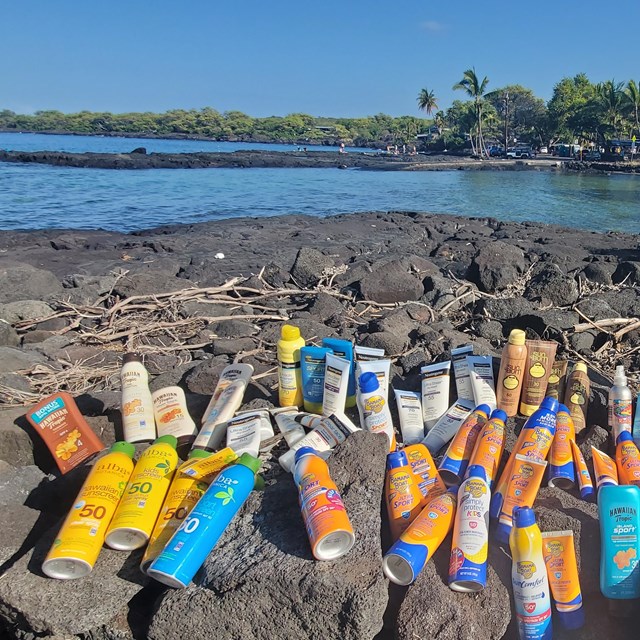
Choosing Reef-Safe Sunscreens: A Crucial Step – When choosing a sunscreen, it’s important to look at the active ingredients. By understanding which ingredients to avoid and seeking alternatives, we can help protect the water environment. While some brands claim to be ‘reef safe’ or ‘reef friendly’, the lack of government regulation and mandatory testing leaves room for doubt.
Which ingredients should we avoid, then?
The two main culprits are sunscreens with oxybenzone and octinoxate. Other ingredients that can disrupt coral reproductive cycles and exacerbate bleaching include benzophenone-1, octocrylene and 4-methylbenzylidene camphor.
By opting for ocean-friendly alternative formulations that are biodegradable and free of harsh chemicals that can pollute waterways, we can ensure we are protecting our skin and minimising harm to marine life and fragile ocean ecosystems. (Reef Safe Sunscreen Guide | Save the Reef)
Expanding Environmental Consciousness: Beyond Sunscreen – Daily choices of sunscreen, personal care products and detergents can be extended to consider the environmental impact of the accessories we use. This is especially true when we spend time at sea. Opting for protective clothing over excessive sunscreen usage not only benefits our skin but also reduces environmental harm.
Another major threat to marine ecosystems is posed by plastic single-use items and accessories. Extending responsible practices beyond the beach means committing to reducing plastic pollution and protecting marine life. Let’s choose sustainable alternatives such as reusable thermal bottles – they reduce the use of single-use plastic and keep drinks at the right temperature – and accessories made from recycled plastic – sunglasses, shoes and other textile items – stylish and environmentally friendly choices.
By supporting companies that focus on recycling and reusing ocean plastics and marine debris, we can join the growing commitment to preserving marine ecosystems and reducing plastic pollution. This enables individuals to make sustainable choices as part of a collective effort to protect marine ecosystems.

Embracing Environmental Stewardship: The NovoScuba Journey – As consumers, we have significant power to drive positive environmental change. By choosing reef-friendly products, reducing single-use plastics and advocating for stronger regulations, we can work together to protect our oceans for future generations. Every choice we make will help preserve the beauty and vitality of our planet for generations to come. We embark on a journey of conscious consumption and environmental stewardship.
Be part of NovoScuba’s mission for ocean conservation and a sustainable future.


